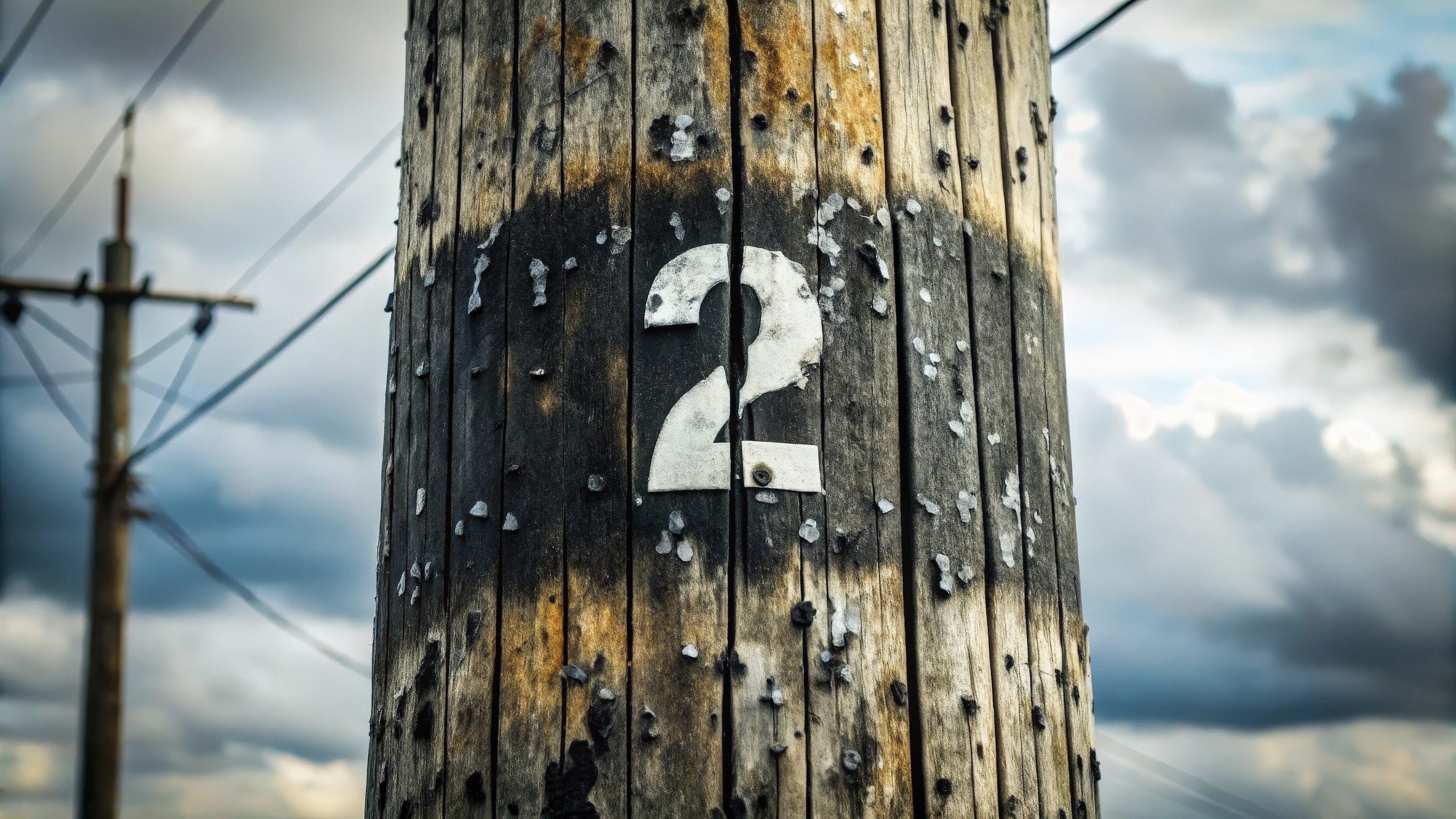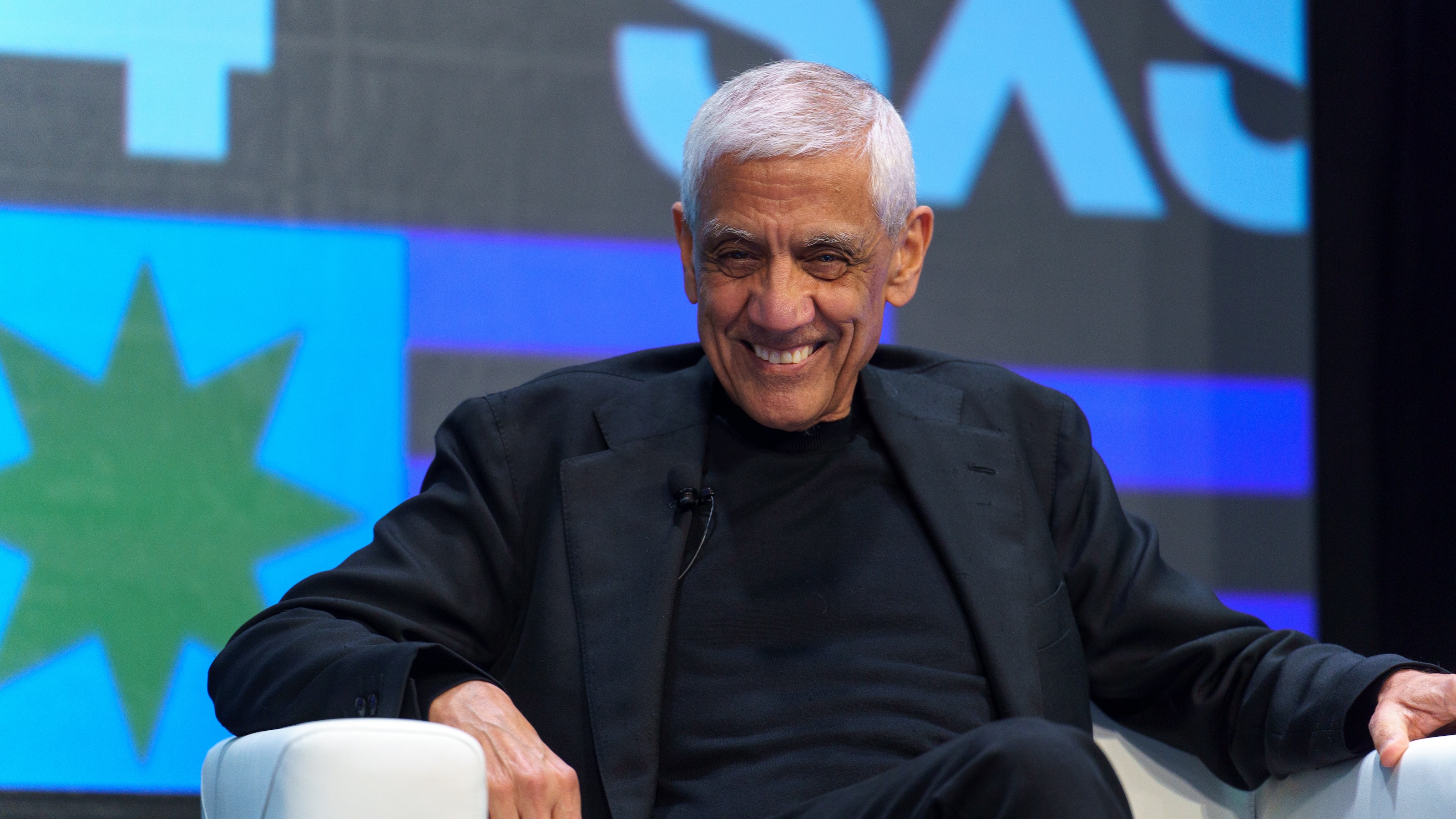The Senator from Massachusetts kept repeating to himself, “Don’t mix it up, Teddy.”
Ted Kennedy: It was perhaps the first or second day, and my brother had been elected to the Congress. And he asked me whether I wanted a tour of Washington, and I welcomed the opportunity. And he brought me around to the House of Representatives; and brought me to the United States Senate; brought me over to the Supreme Court of the United States; pointed out the White House along with those magnificent monuments – the Lincoln [Memorial], Washington Monument.
But he gave advice to me then which has really stuck with me. I was probably twelve years old at the time, and he said, “Look. You’ll visit the buildings now. You’ll see these buildings.” But he said, “The really importance of this visit is that you take an interest in what happens inside these buildings for the rest of your life.”
And I thought, “Well that’s a nice sort of idea, but you know, when are we going to get hot dogs or something or other, or go to a baseball or a football game?”
But the resonance of that message has stayed with me all of my life, and it was good advice at that time. And it’s advice that I share when young people come from Massachusetts and visit the Capitol. It’s the only way, really, our Democracy is going to work is if people take the interest, take the time, involve themselves in the political life of our country. It’s enormously important.
Well that was an interesting time because one brother was President of the United States, and the other one was Attorney General of the United States. So there was a certain anticipation when I arrived on the floor of the United States Senate.
I was always thinking in my own mind, “Don’t mix it up, Teddy.” And I learned very early that it was a time for learning and listening. And I listened a lot, and I learned a lot, and I have learned a lot, and continue to learn both from my colleagues, who I respect and admire, some that I differ with, but I always learn; and from others that come and speak to the Senators, and hearings, and otherwise. But it was a humbling experience to say the least, but it was a memorable one and one that I won’t forget.
Well in some ways it’s altered. In some ways it’s changed. In other ways it’s remained the same. I think the programs change and times change, but values really don’t change. I mean people’s concern for other people; people’s understanding of what the Constitution is really about, and the Bill or Rights and their devotion to it.
Maybe changes that we see a time where we see those rights may be threatened more than they have been at other times; but in the concern that I see on the floor of the United States Senate, among Democrats, among Republicans, there is a very still core understanding and awareness that America is just not a land, but it is a promise; and that each time and each generation has to fulfill the challenges of the time and the promise of America.
I think when I first arrived in the United States Senate, it was primarily a knocking down walls of discrimination. We still have a ways to go, but we were looking then after passing Medicare, Medicaid, our education at that time.
Now there are different challenges, both in terms of trying to protect Constitutional rights and still in terms of education and healthcare, and also in terms of how we can end war. So the issues themselves might change. The institution itself has altered and changed.
Probably the most dramatic change has been sort of the power of money in politics. I’m a longstanding supporter of public financing. I think people ought to be accountable to their constituents and not accountable to the contributors. That’s still a battle that has to be worked through in the Congress.
But what is left now in terms of when I first arrived and now still is much more important than what divides us – what remains the same.
Recorded on: September 14, 2007.






